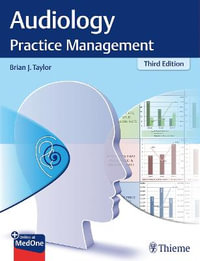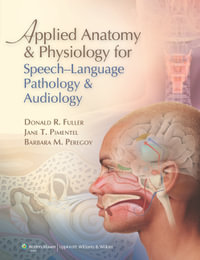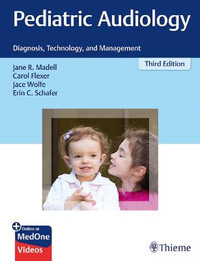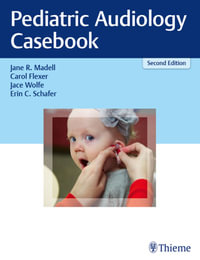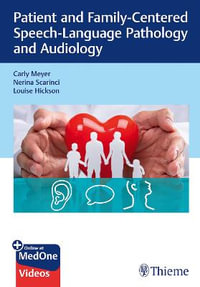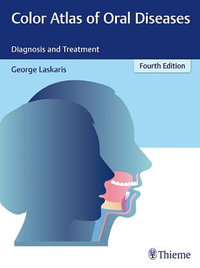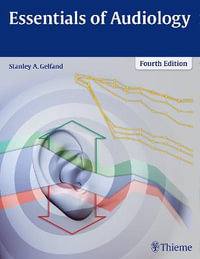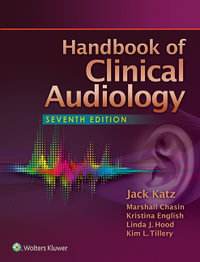Special Topics is the third book in a three-book series series focused on Translational Perspectives in Auditory Neuroscience. The book interweaves both basic and applied research, and hence provides "translational" perspectives on "hot topics" in hearing science. The first book in the series is Normal Aspects of Hearing. The second book is Hearing Across the Lifespan-Assessment and Disorders and provides "translational" perspectives on current topics in hearing science. All three books in the series are also available to purchase as a bundle.
Industry Reviews
Liam M. Flood, FRCS, FRCSI, Middlebrough, Journal of Laryngology & Otolaryngology, (2013): "...This is a multi-author hardback book..[T]he the immediate impression is of a quality publication. Sharp color illustrations, nicely printed line diagrams and, of course, the disk which is invaluable...As you would expect, this must be the definitive guide to all aspects of the work involved in congenital defects of the lip and palate... The book obviously concentrates on the knife to skin surgery. It works from anteriorly, the 'simple' cleft lip, bilateral cleft, then posteriorly onto palatal defects. Rhinoplasty is well covered and I was very impressed by Table 13-3 for the series of questions that guides surgical decision making. As a novice, I found this very incisive. Revision surgery is clearly a challenge, but is gratifying to see how faces, usually in adults, are salvaged and transformed by expert work. Speech disorders, prosthetics and correction of velopharyngeal incompetence close the text book. For any unit engaged in such work, this must be an essential reference. For trainees, it could inspire an interest in work that is very rewarding and for which there is still a massive international need." L. J. White, Missouri State University, International Journal of Audiology (53: 63), (2014): "Translational Perspectives in Auditory Neuroscience: Special Topics, edited by Tremblay and Burkard, is a textbook consisting of six chapters that cover a variety of clinical issues. Each chapter is written by a well-known author or team of authors. The purpose of the text is to bridge the gap between basic science and clinical practice. Within the text, the clinical applicability of theoretical concepts are illustrated and applied. This text examines topics at the forefront of clinical practice, including noise induced hearing loss, auditory temporal processing, inner ear regeneration, tinnitus, as well as auditory plasticity and auditory training. Within each chapter, relevant background information is covered...This text makes a significant contribution to the knowledge base, not just for students, but also for clinicians and researchers. Particularly for students, this information will bring Hearing Science and Anatomy and Physiology classes to life. For researchers and clinicians, this text provides a nice model of how to translate basic research into clinical practice. This text seems to be geared toward the intermediate to advanced readers, but with due diligence, the beginner could gain useful information. The chapters are well written and easy to read...Table and figures supplement and support the text. Overall, I highly recommend this textbook. The editors and authors were successful in conveying clinically relevant information to the reader in a way that bridges the gap between basic science and clinical practice. I would recommend this text, particularly to students and clinicians."



